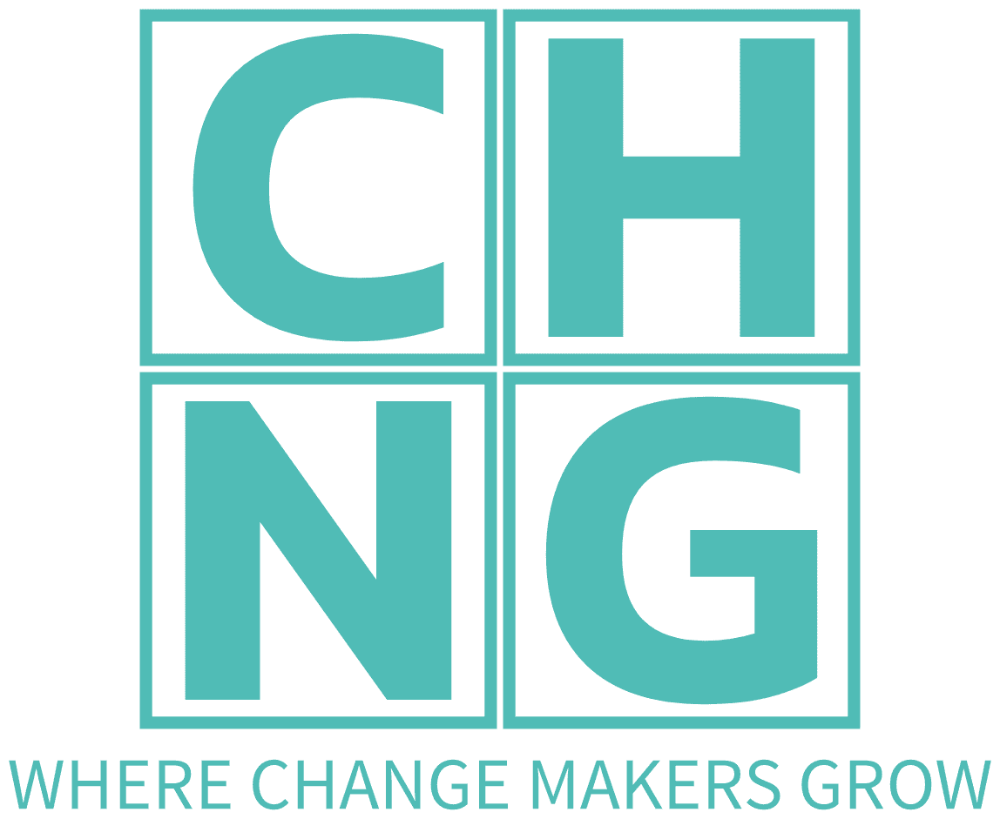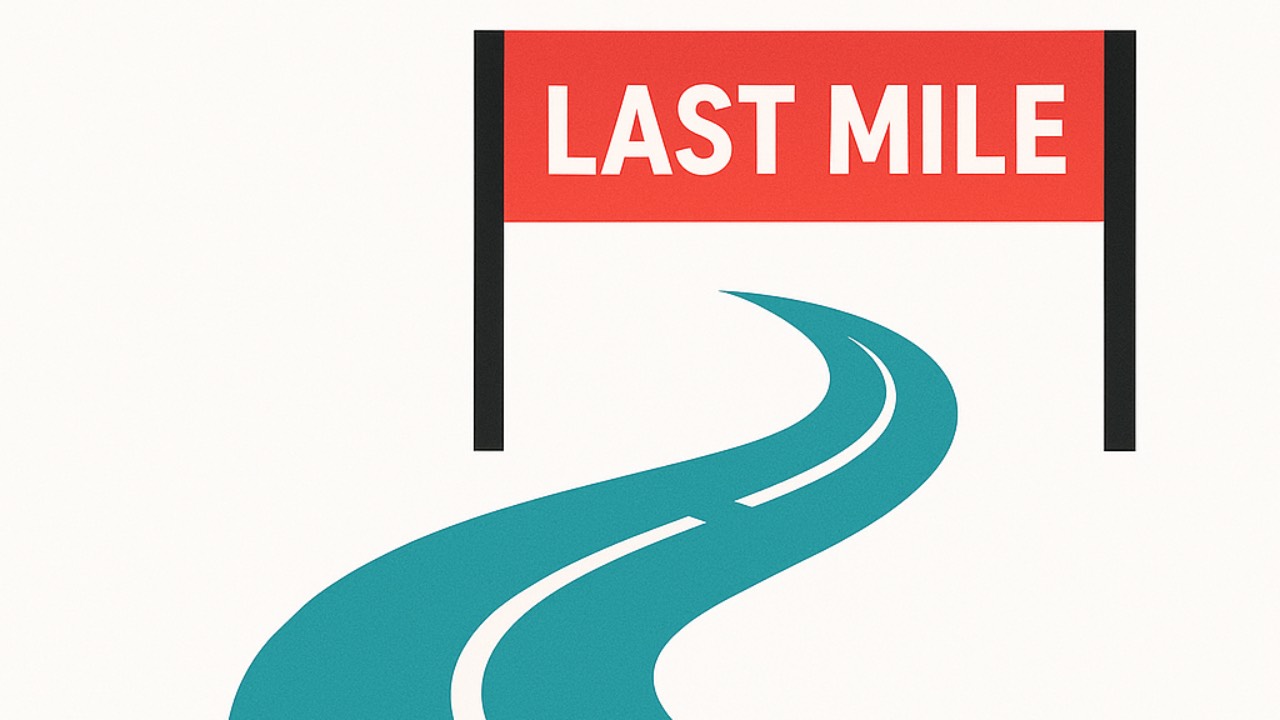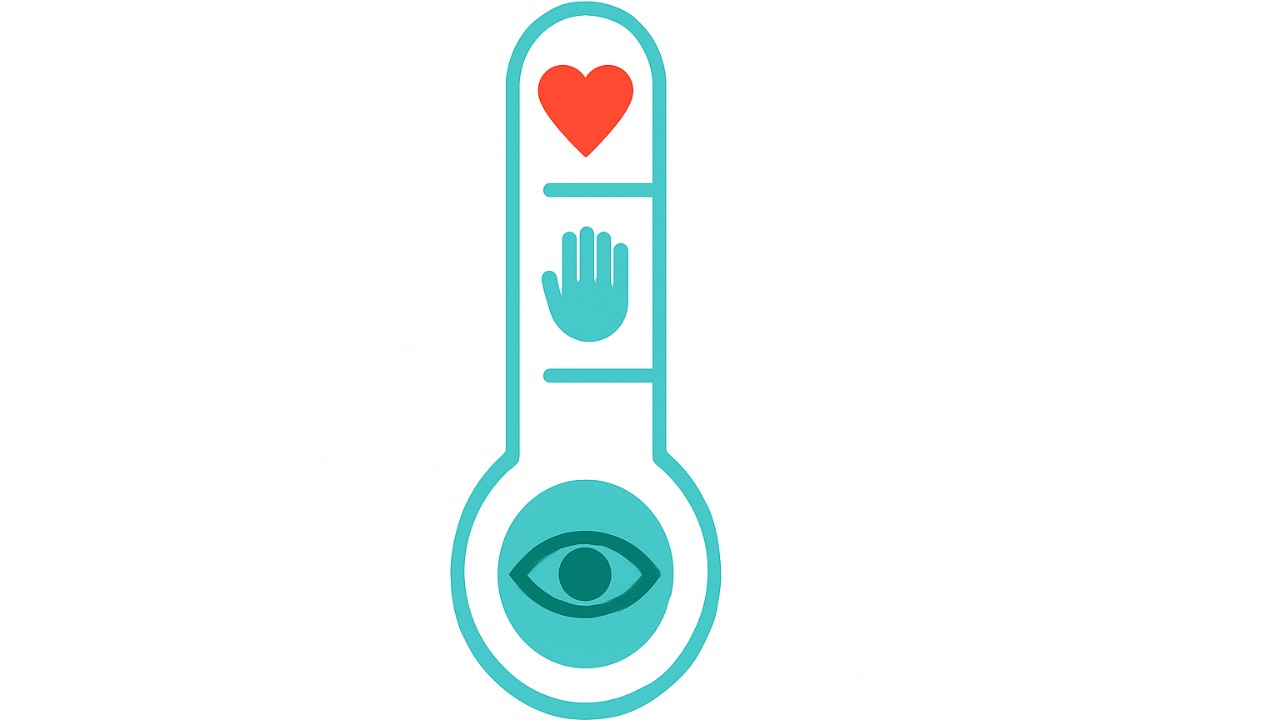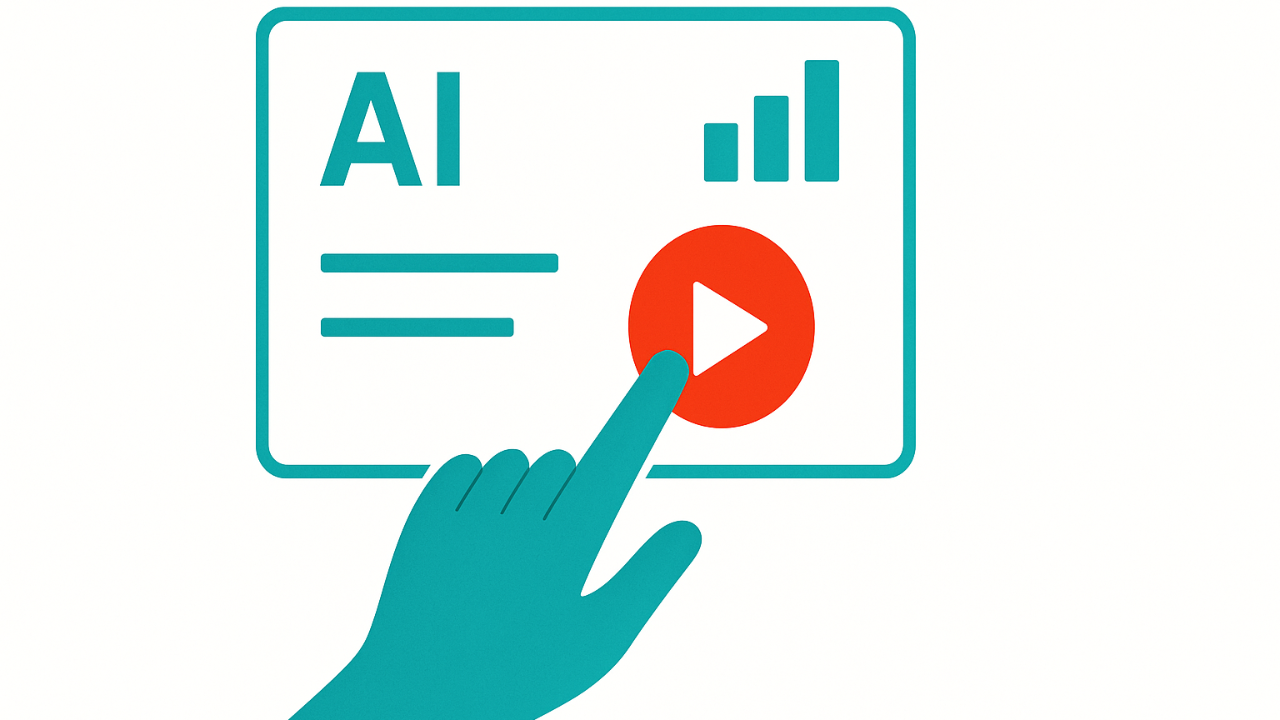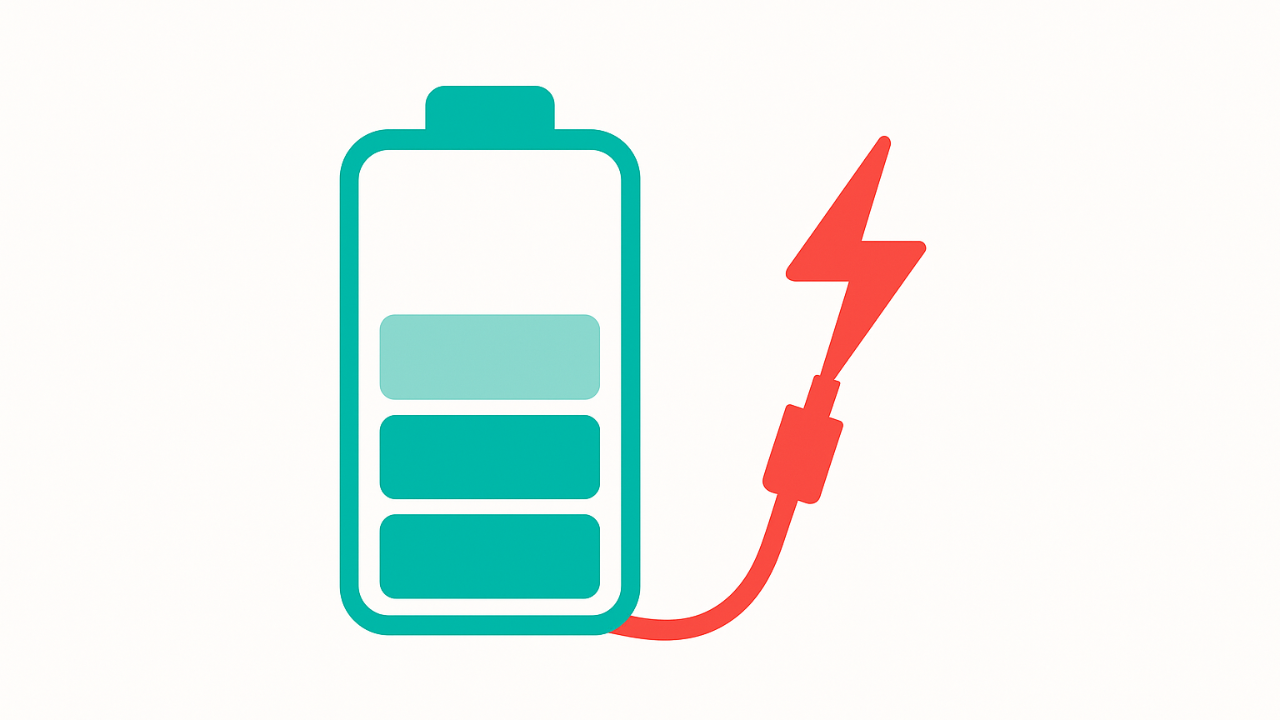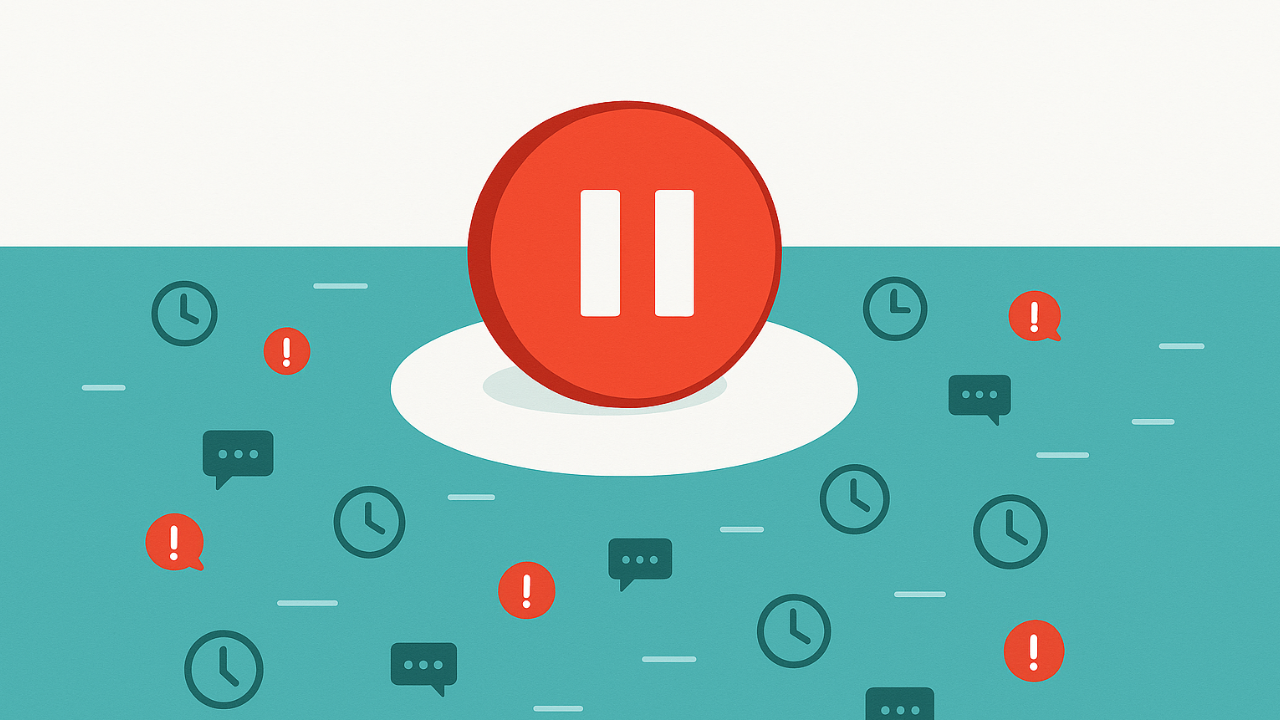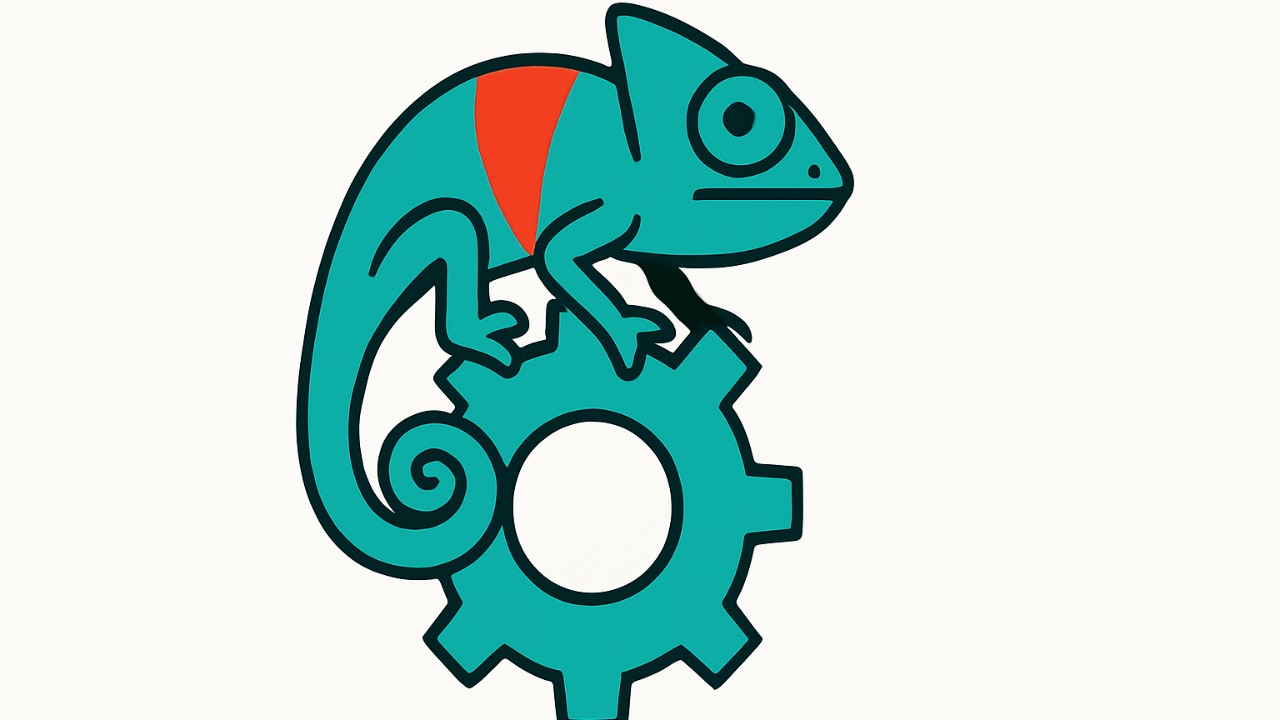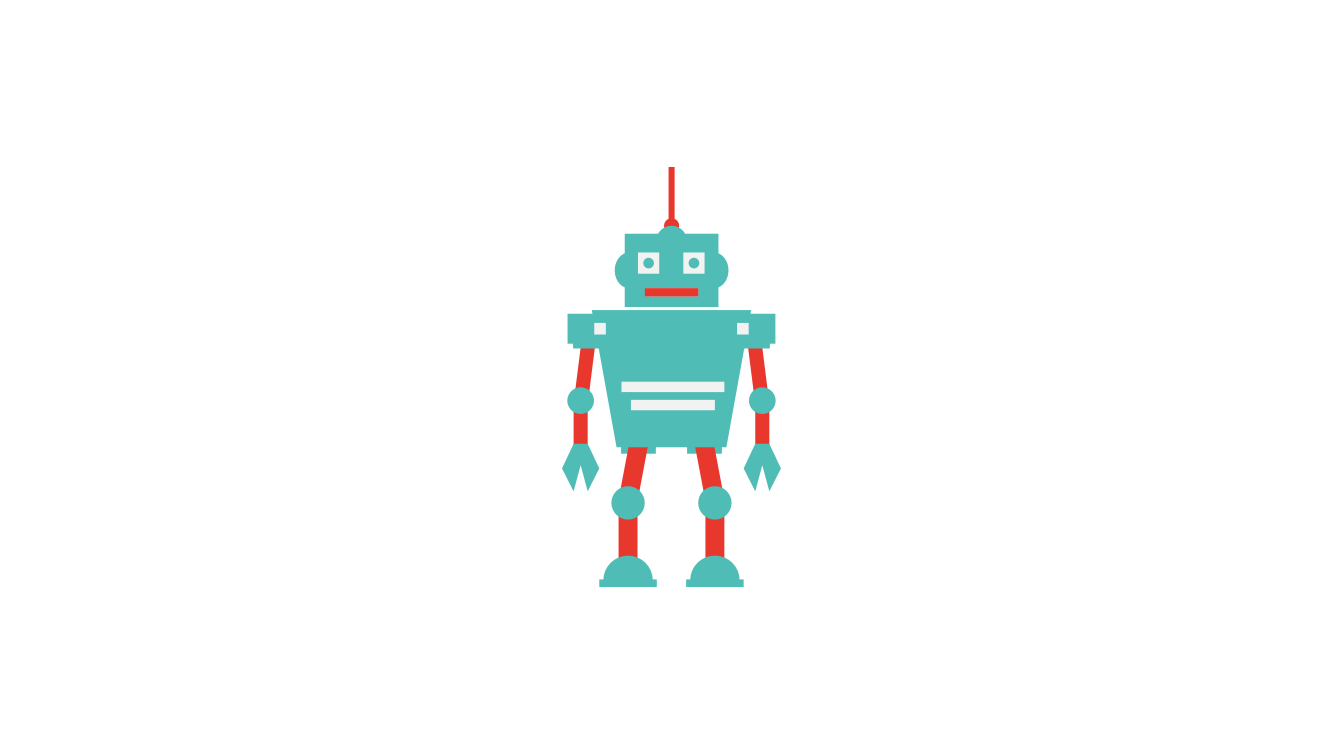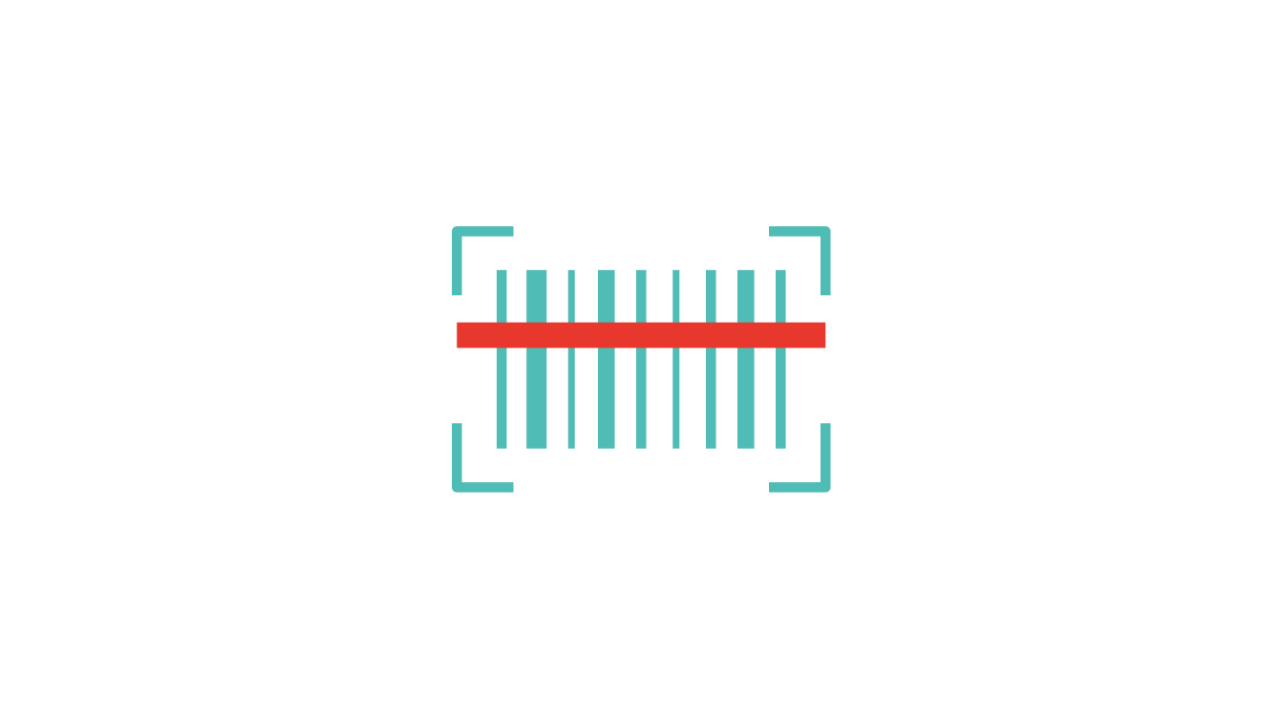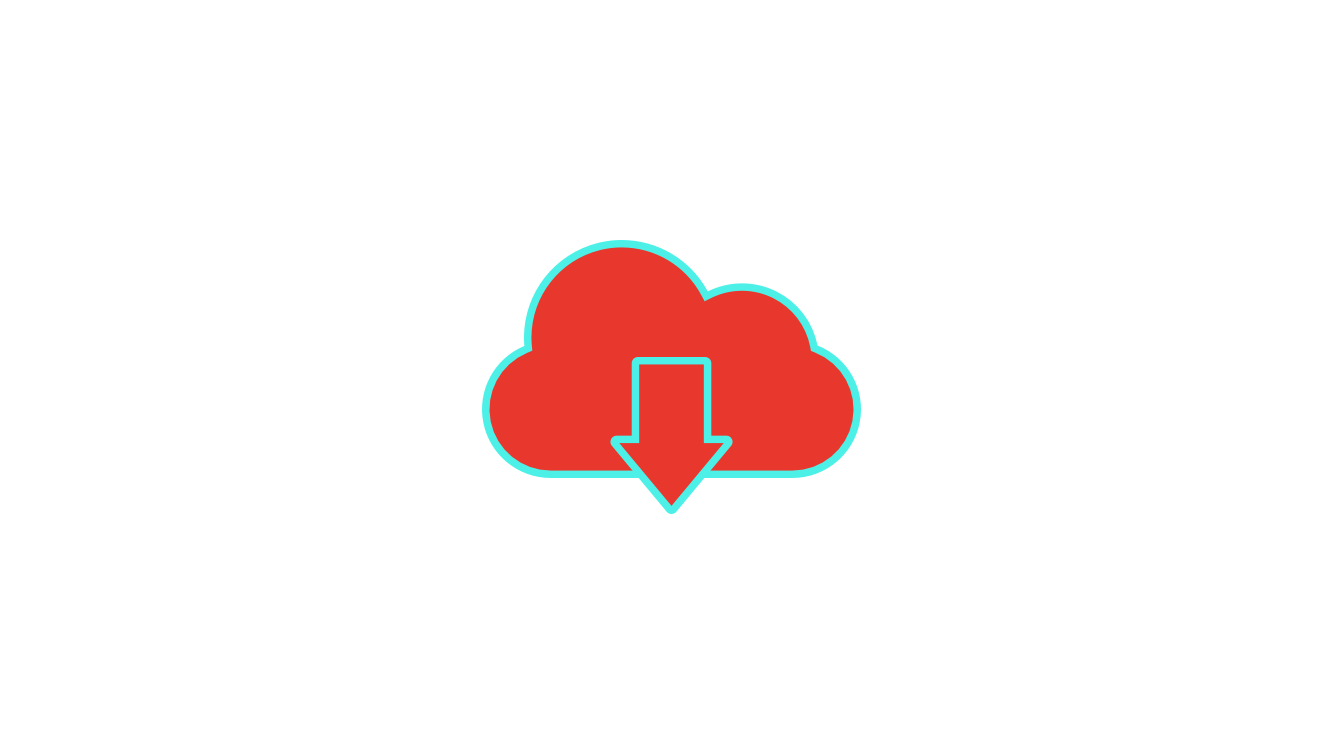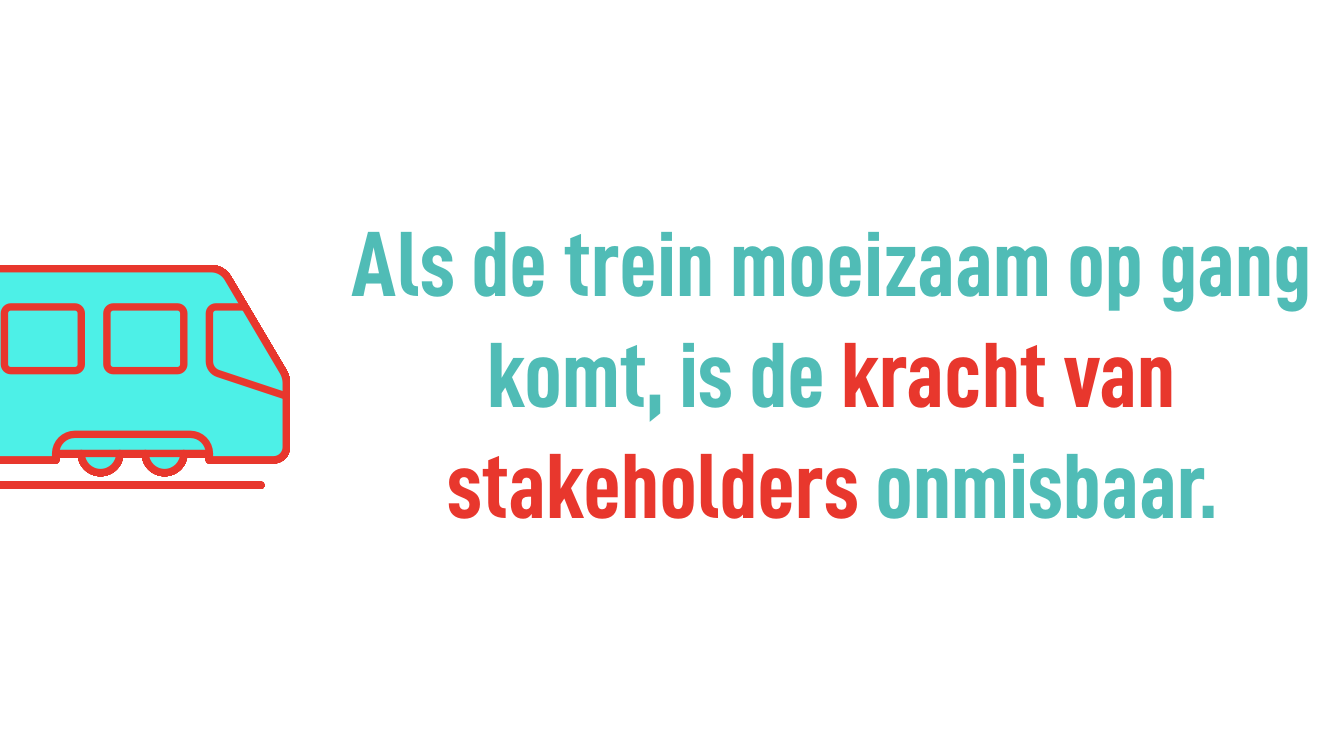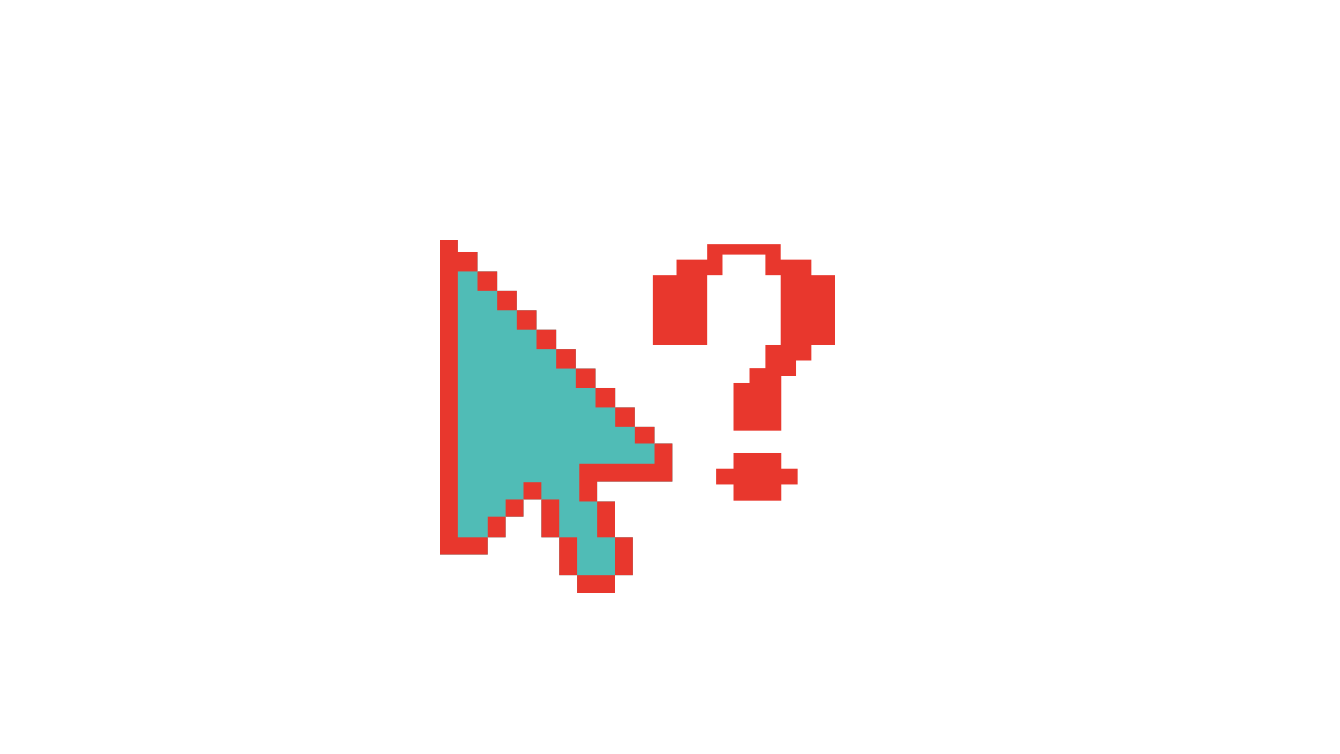Abonneer je op regelmatige tips voor change makers
In veel verandertrajecten stokt het op de laatste kilometer, het stuk waarin mooie plannen en presentaties moeten landen in concreet gedrag op de werkvloer. Bij een financiële dienstverlener waar ik voor werkte, werd een nieuw CRM-systeem ingevoerd. De voorbereiding was grondig: maandenlang werd er ...
Elke verandering in een organisatie draait uiteindelijk om één ding, adoptie. Dat klinkt eenvoudig, maar zodra je doorvraagt, blijkt adoptie veel breder dan simpelweg weten wat er verandert. Het gaat om het daadwerkelijk doen, voelen en volhouden van nieuw gedrag. Wie adoptie goed wil meten, moet du...
De meeste mensen associëren AI met slimme robots, slimme spraakassistenten of spectaculaire innovaties in techbedrijven. Maar steeds meer organisaties ontdekken dat kunstmatige intelligentie vooral een kans is voor het dagelijkse werk van change managers. En dat begint vaak met kleine stappen.
Van ...
Change fatigue, ofwel verandermoeheid, is een steeds vaker terugkerend verschijnsel in organisaties. Na jaren van reorganisaties, nieuwe systemen, veranderprogramma’s en telkens nieuwe accenten, ontstaat bij veel medewerkers en teams een gevoel van uitputting. Het lijkt alsof er altijd wel iets vera...
Veel verandertrajecten beginnen met dezelfde vraag: wat levert het mij op? Organisaties worden al jaren getraind om bij veranderingen het persoonlijk belang van medewerkers centraal te stellen. Het idee is simpel: als je mensen duidelijk maakt wat zij zelf aan een verandering hebben, komen ze vanzel...
“We don’t learn from experience, we learn from reflecting on experience.” – John Dewey
We voelen het allemaal: het tempo ligt hoog, de complexiteit neemt toe en ons werk wordt steeds meer gestuurd door targets, tools en taken. Tegelijk zien we hoe organisaties die zichzelf heruitvinden -ec...
Change management is de voorbije tien jaar niet verdwenen, maar wel stevig door elkaar geschud. Terwijl organisaties steeds vaker opereren in een complexe, onvoorspelbare context, blijkt dat veel traditionele veranderingsmodellen hun limieten bereiken. Toch blijven ze verrassend vaak de basis vor...
AI doet zijn intrede in change management, en dat is op zich een mooie ontwikkeling. Volgens het Catalyst Report van Prosci gebruiken verandermanagers AI vooral voor communicatie, contentcreatie, analyse en het stroomlijnen van processen. Het maakt veel dingen sneller en makkelijker. Maar daar sch...
Verandering roept emoties op. Dat weten we allemaal. Frustratie, enthousiasme, angst, hoop, het komt allemaal langs zodra mensen hun gedrag moeten aanpassen. Maar in veel organisaties worden emoties nog steeds gezien als onhandig, lastig of zelfs irrationeel. Terwijl juist daar een enorme kans ligt....
Wanneer verandertrajecten stagneren, wijzen we vaak naar 'weerstand op de werkvloer'. Maar wie goed kijkt, ziet dat die weerstand vaak slechts een symptoom is. De echte blokkades liggen hoger in de organisatie: bij stakeholders die (vaak onbewust) gedrag laten zien dat haaks staat op de gewenste ...
Je kunt het perfecte trainingsprogramma hebben. Een nieuwe tool die intuïtief werkt. Een strakke communicatiecampagne. Maar toch zie je: gebruikers blijven hangen in oude routines. User adoption blijft achter.
Wat is er aan de hand?
In veel organisaties missen we een cruciale voorwaarde voor su...
Organisaties investeren in AI-tools met grote ambities: slimmer werken, meer efficiëntie, betere beslissingen. Maar de realiteit is vaak weerbarstig. AI blijft steken in pilots, of wordt mondjesmaat gebruikt. Niet omdat mensen het niet willen, maar omdat er frictie zit in het gedrag dat nodig is ...
